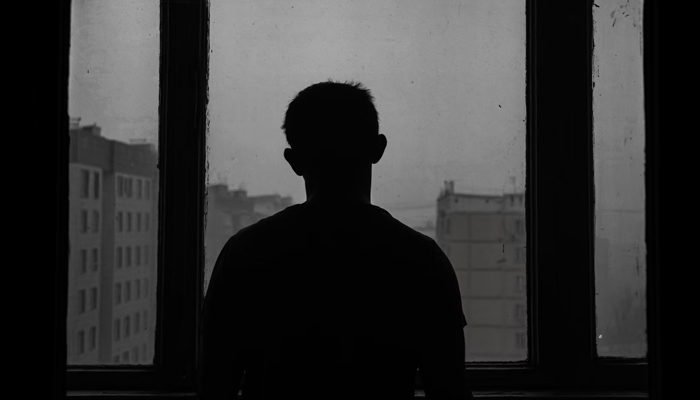Are you sad this summer? You may be suffering from SAD then
National Alliance on Mental Illness maintained that at least 10% of people experience it in summer
August 28, 2023

Most people usually enjoy summer and they regard it as the best season as it allows them to go to beaches and socialise. But it is possible that there may be some people who are feeling low in mood, avoiding interactions and losing interest in daily habits.
This condition is called seasonal affective disorder (SAD) which affects the majority of people in winter seasons due to less exposure to the sun and so on.
But can you suffer from this condition in summer? Yes.
National Alliance on Mental Illness maintained that at least 10% of people experience it in summer.
According to Marie Claire UK, there has been an 80% increase in searches for "reverse seasonal affective disorder" last year and a 450 per cent increase in "summer depression" in the past three months,
"I think more people are becoming aware that there is a summer version of SAD," Professor Margareta James, founder of the Harley Street Wellbeing Clinic and a psychologist, told The Sun.
What is seasonal affective disorder?
Seasonal affective disorder or SAD is a type of depression that comes and goes in a seasonal pattern, according to NHS. It normally occurs in winter.
What causes SAD is not clear however, it is generally thought that a reduced exposure to sunlight in the winter may be important.
It may result in less production of the hormones melatonin, crucial for sleep, and serotonin, also called "happy hormone".
The changing of sunlight may also contribute to the transformation in the body clock which can throw off various bodily functions such as appetite and mood.
Professor James said: "The abundance of light shuts off our melatonin production, which is needed to fall asleep. If there is too much light in your bedroom, or if you're out late and then light wakes you up early, your sleep/wake cycle gets messed up, and then it's harder to regulate mood."
Despite this, there may be some other factors that may cause a low mood in the summer such as financial condition, lack of quiet time etc.
"The pressure to socialise in the summer months can have an effect on mood while pushing yourself to do so can make it worse," Professor James said.
"We have a tendency to say yes to everything and every weekend can be busy," she said.
What are the symptoms of SAD?
The NHS said: "The symptoms of seasonal affective disorder (SAD) are similar to those of normal depression, but they occur repetitively at a particular time of year."
The symptoms usually include a low mood, tearfulness and a feeling of despair. It may also include social withdrawal or losing interest in daily activities.
In summer, a person with the condition may lose their appetite, eat less and lose weight, the opposite of what occurs in winter.
What to do about SAD?
James said being conscious of light exposure is also important for summer SAD, for example limiting exposure in the evenings where possible.
There may be some measures to cope with the condition such as:
- Improving sleep
- Using cold showers to reduce heat and irritability
- Reduce stress
- Healthy eating
- Planning your social life to include time off









